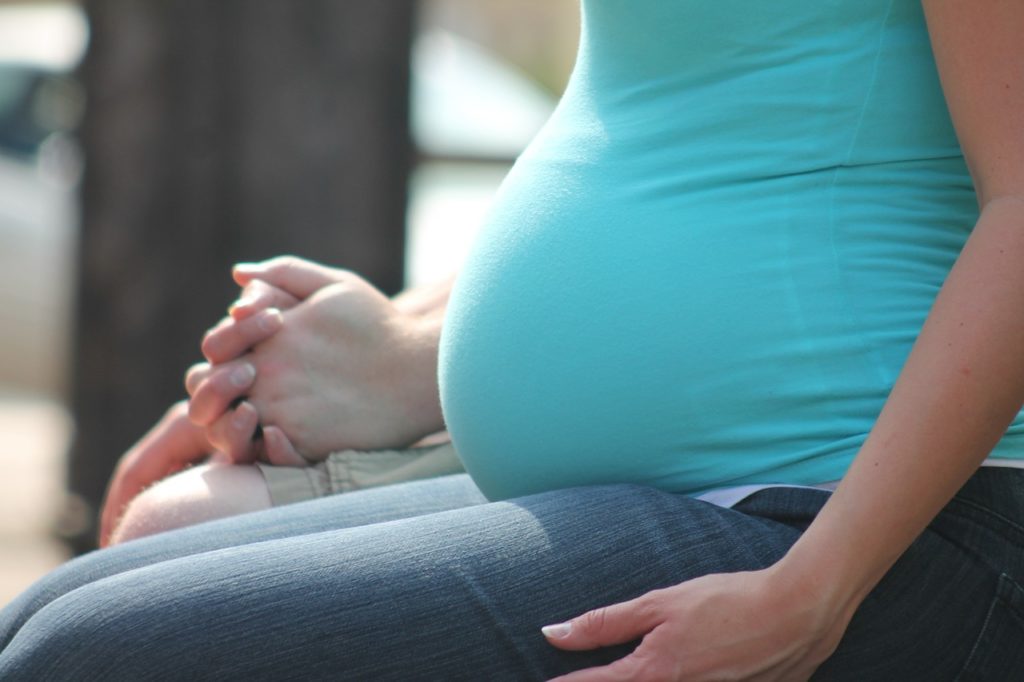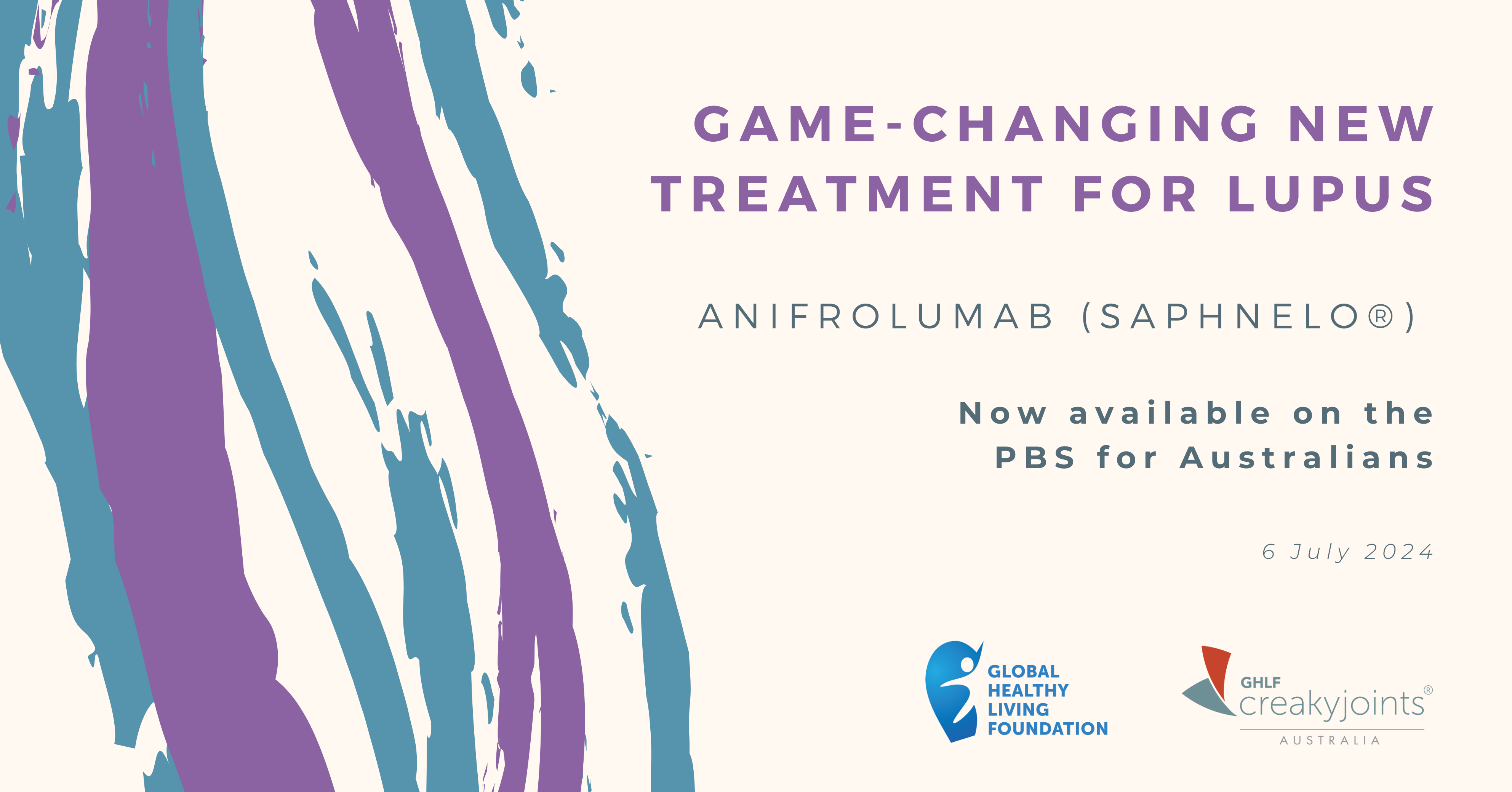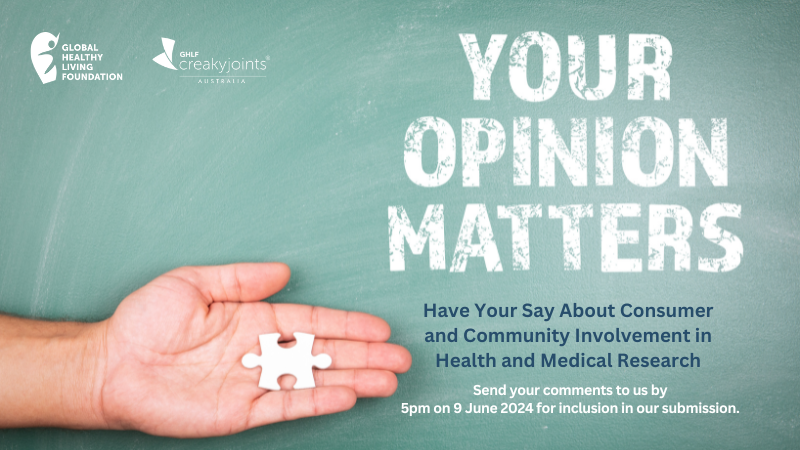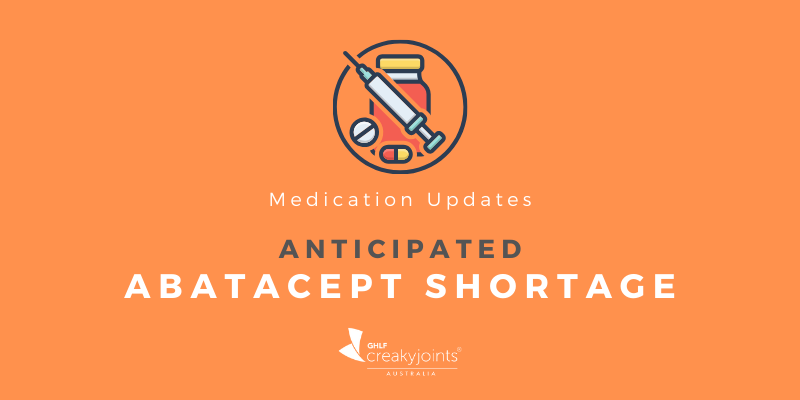

Family Planning & Pregnancy With Arthritis
Considering starting a family, or adding to your family after an arthritis diagnosis, can be a very intimidating prospect for those with a chronic health condition. However, as with any major life decision the right planning, preparation and support are essential when you are ready to take the next steps.
There are three basic stages to consider; Pre-pregnancy, Pregnancy & Post-birth. Having access to information and support throughout these stages can remove some of the anxiety those with a serious illness may face, which can allow more time spent enjoying this exciting new chapter!
Pre-pregnancy
Support Team
Before starting this journey, it is best to share your thoughts with your support team (be it partner, family, friends, medical team). Not simply that you are taking the next steps, but also sharing your hopes and possible fears you are struggling with. Some worries may be put to rest immediately by talking through them together.
Medications
One fear many living with chronic illness face is the prospect of stopping all medications both pre and during pregnancy. While it is true certain medications must stop when trying to conceive, the list is not quite as long as you might believe and in most cases a supplementary therapy treatment may be prescribed during this time to manage your condition. In recent years, biologic therapies have been approved to continue throughout pre pregnancy, pregnancy and even while breastfeeding. Speak to your GP or specialist to agree on a therapy plan best for you.
Pregnancy
Support Team
Once again, open communication with your support team is key during this time. After the initial excitement of falling pregnant, worry may creep in when thinking of caring for a baby while dealing with a serious illness. Speaking honestly about what specific fears you have can help you strategize how to tackle any issues that may come.
In addition to your core support team, you will now be including your pregnancy medical team. This may include an obstetrician/gynecologist (OBGYN), midwives and/or nurses. Some of this group may not have extensive experience with your condition, so it is important you share all relevant details and encourage them to contact your specialist or treating GP if there are any concerns. Although they are unlikely to have in depth knowledge about your illness – it is still very important you feel comfortable and confident they are taking all aspects of your health into account when providing care.
Physical Changes
With the possible change to your medication therapy, as well as all other typical physical changes over the course of the pregnancy, you may face flares, fatigue and general aches during the next nine months. Many autoimmune sufferers report a feeling of ‘remission’ from their symptoms while pregnant, however this may not be the case for you. It is best to have a plan worked out with your support and medical team in the situation where you do not fall into remission. This will provide confidence and assurance that you are prepared for any bumps along the way. This plan may include:
- Temporary medications as approved by your doctor (options can vary depending on stage of pregnancy)
- Pregnancy massage therapy / acupuncture etc
- Heat and/or ice packs
- Adjustable ergonomic furniture, including tilt chairs and foot rests
- TENS machines or hand held electric massagers (there has been some past concern regarding TENS machines in early pregnancy – although there has been no evidence of this, always consult your GP when in doubt)
- Pregnancy pillows to assist sleep positioning
- Bed ‘grab’ rails, shower seat, other disability aids
Labour
Depending on your physical limitations, you may not be able to give birth in the typical position. Talk to your OBGYN/midwife about alternate positions that could be possible so that you can communicate this to the labour team in advance. Otherwise you may need to consider a C-section if natural birth is not possible, again to be discussed in advance with your team.
Be prepared that not everyone present at the birth will have a complete understanding of your condition (family members or medical staff). So ensure you are communicating clearly any additional requirements you need; whether that is additional pain relief from staf or things like pillows / massage / emotional support from loved ones. If you are uncomfortable expressing this directly, you may want to nominate one of your core support team who will be present at the birth to communicate clearly for you on the day.
Post-birth
Support Team
New to this group is your Maternal Child Health Nurse (MCHN). A local MCHN will be appointed to you after your baby’s birth who is generally responsible for your baby’s routine health checks. However it is important to communicate your health condition to your MCHN for several reasons:
- A general understanding will allow your MCHN to better identify signals of PND (Postnatal Depression)
- Ongoing MCHN appointments can be held in home rather than at the local centre if circumstance requires
- Your MCHN will be aware of/can get information on any local assistance programs that you may be eligible for
Support Programs
If you are experiencing a post-birth flare or any disease related physical limitations that make caring for your new baby difficult, there are several support programs available to assist you. Some of these include, but are not limited to:
- Post Acute Care (PAC / CAPAC) – Organized through the hospital, Post Acute Care provides short term in home care to assist after hospital discharge. Services of this care can include grocery shopping, general cleaning, laundry, errands, etc.
- State / Local Council Family Support Programs – Visiting your state’s Department of Human Services and/or local council website will lead you to contact information regarding local program support available in your area.
- Special Child Care Benefit (SCCB) – Provided by Centrelink, this assistance program provides child care services such as a full time nanny for a 13 week period (with possibility to extend if circumstance requires). Set up largely for mothers suffering with Postnatal Depression, this program is also eligible to those with severe physical limitations that limit quality of care to the child which could put the baby at risk. Speak to your MCHN for more information.





